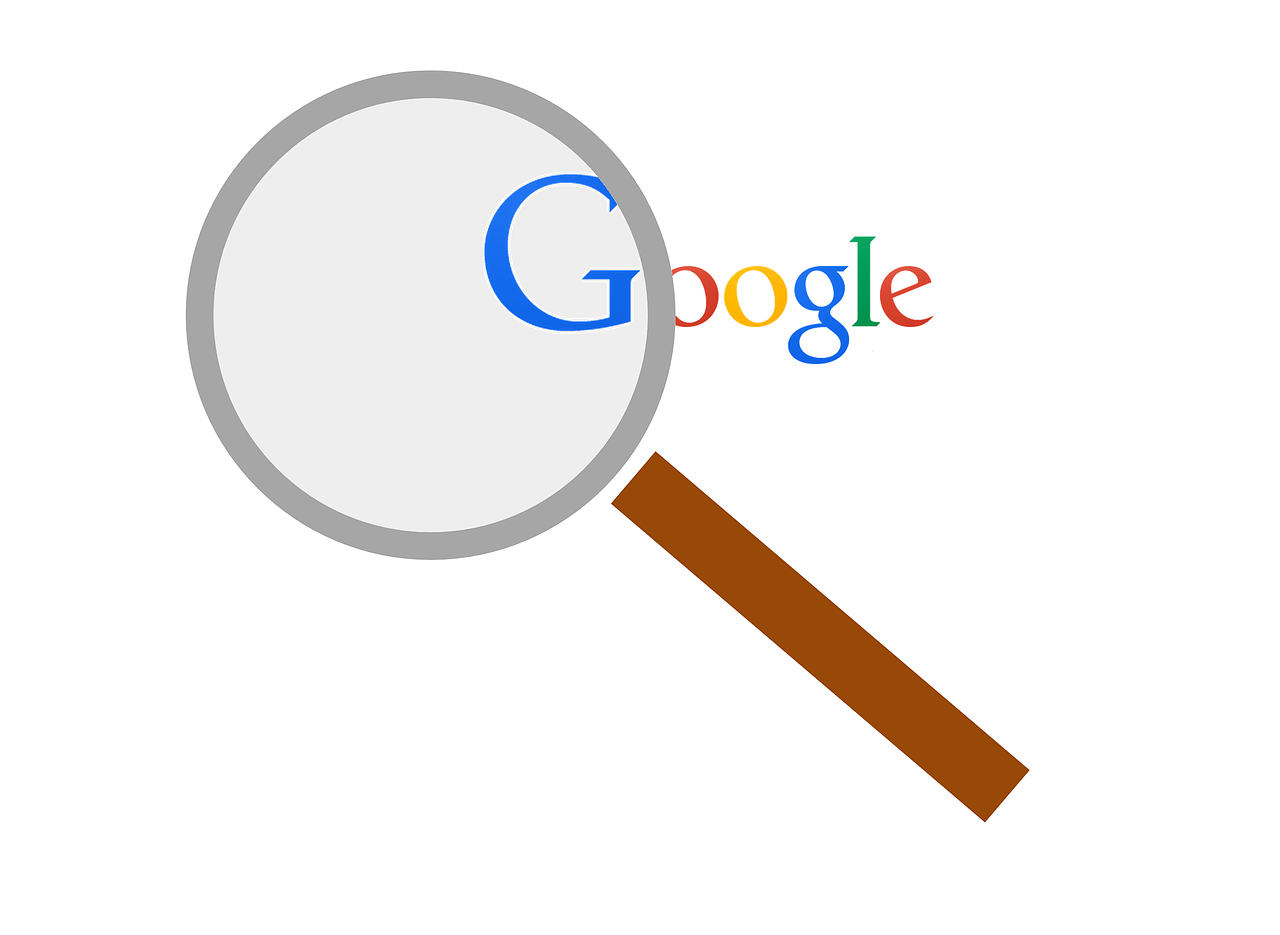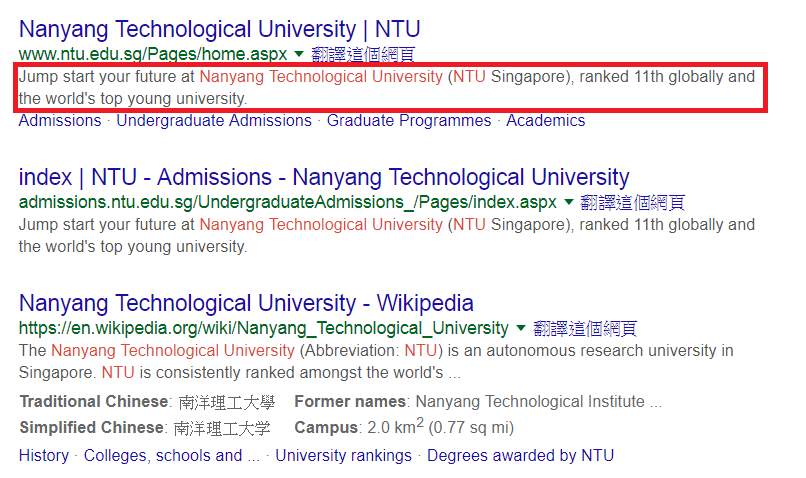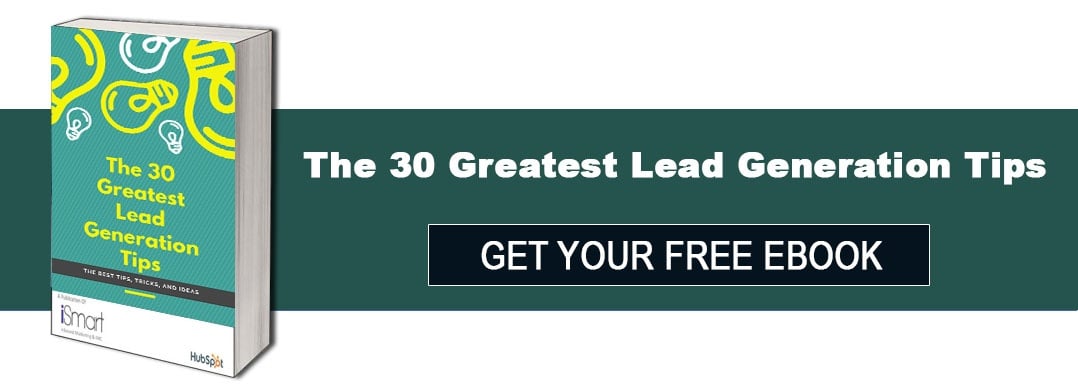
The 4 Best Marketing Analytics Tools
August 8, 2016
5 Google Tools That Can Streamline Your Organization’s Productivity
July 13, 2018

Boosting website rankings on search engines have started to become a common for most of the business organizations, as it would help to increase traffic to the respective site, and help to generate more leads and possibly turning those leads into your customers!
However, most organizations do not understand the concept of Search Engine Optimization (SEO), and end up making some of the mistakes that I am going to illustrate below, which might end up giving up an edge to their competitors.
Read on to see the top 4 mistakes to avoid to rank higher on search engine results. If you are committing some of these mistakes, it’s not too late to correct it!
1. Wrong choice of keywords
This is probably one of the most common mistakes that people make while optimizing their webpage. Most people think that by having more keywords about their product into their webpage will help to enhance their search engine results.
In fact, you have to put yourself into other people’s shoes! You should try to think and ask yourself about “if I were a customer, how will I go about to search for such products on the internet?”, and choose the suitable keywords that your customers will frequently type in to find their desired solutions.
Fortunately, there are many tools that can help you to solve such problems easily, such as Google Trends and Moz Keyword Explorer. Make use of these search engine research tools to help you find out the most competitive and cost-effective keywords to optimize your website!
2. Keyword “spamming”
One might think that “If I keep copying the keywords on every sentence in my page, it will eventually boost up my ranking as it looks more relevant!”
However, you cannot outsmart the search engines, such as Google. By doing so, it will be regarded as “keyword stuffing”, which would in turn hurt your SEO performance!
So, never try this! In fact, ranking factors for Google depends on multiple factors, such as:
- Frequency of keywords (usually less than 2 – 4%)
- Occurrence of keywords on heading, the H1 and H2 tags
- Occurrence in anchor text of hyperlinks
Therefore, to improve your SEO performance in a proper way, you should try out the three points I have mentioned above.
Read more: 7 Tips to Create Killer H1 Tags.
3. Ignoring the importance of meta description
SEO is not just about optimizing the “visible content” in your webpage, but also the relatively “invisible” one!
Meta description refers to the HTML element that gives a brief summary about the content of your page for the benefits of the user and the search engines. The words circled in red are the meta descriptions for the respective website:

Although Google has announced in 2009 that meta descriptions are no longer a factor affecting search results ranking, you should never forget about user experience! Since it will be shown on the search results, its content will affect how the user perceive your website. Furthermore, if your meta description matches the keywords that the user searches for, the respective word will be highlighted in red, which may catch the eye of your user!
However, keep in mind that your meta descriptions should be kept within 160 characters, as Google can only display that amount of characters!
4. Bad quality links and anchor text – both external and internal
To enhance your website’s SEO performance, you should remember that good quality links are vitally important! Therefore, for external links, you must link to websites that ranks high on search results, and of course, they must be highly-relevant.
Likewise, for internal links, it must be linked to content that are related to your respective website page(s). If not, it will not only generate bad user experience, it might be considered as a fraudulent practice by the search engines too!
Besides, one advice is that you should make use of the anchor text to help answering people’s question of “where am I being redirected to?”. This is also essential in creating positive user experience which will eventually benefit your website!
So, don’t just use “click here” as your anchor text, but try to make the anchor text like what I did on this post!
And there you have it! I hope you can learn more about optimizing your website and SEO performance from this post. If you would like more readings on this topic, do check out 2 Important Tips to Help Your Website Rank Higher on Search Engines and 4 SEO trends you must know in 2018!



